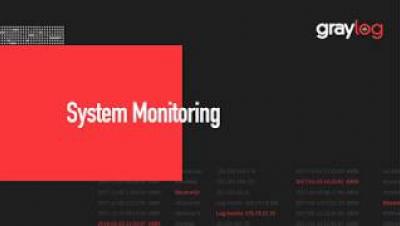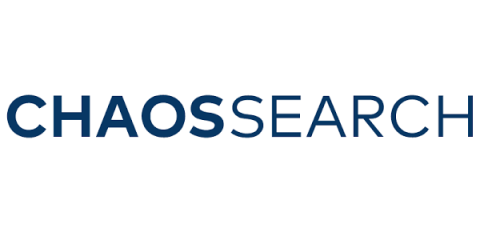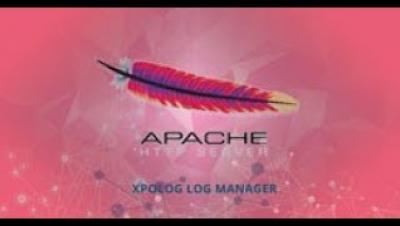Operations | Monitoring | ITSM | DevOps | Cloud
Analytics
Enrichment Overview
AI/ML - Are We Using It in the Right Context?
There used to be a distinct, technical separation between terms such as AI and machine learning (ML) – but only while these technologies remained largely theoretical. As soon as they became practical in the real world, and then commodifiable into products, the marketers stepped in. Widespread overuse of the terms AI/ML in marketing have managed to thoroughly confuse the meanings of these words.
Solving the Search & Analytics Challenge on Cloud Storage at Scale
I have been super fortunate to work with incredibly innovative, talented teams that create powerful technology to help manage the world's data. When I met with Thomas Hazel, CHAOSSEARCH founder and CTO, and Les Yetton, CHAOSSEARCH co-founder and CEO to talk about CHAOSSEARCH — scalable, performant text search to your object storage without having to move any data — I knew it was special and was eager to join.
Coding for Performance: Why We Chose Rust
The next major version of the LogDNA agent is right around the corner, and we’re introducing some significant improvements. Most notably, we’ve completely rewritten the agent using Rust instead of Node.js. As we gear up for the release, we wanted to explain why we chose Rust for the LogDNA agent, the benefits that it offers over other languages, and how it can help you log faster. Rust is a systems programming language that aims to offer both performance and safety.
Apache Log Analyzer - 5 Minutes to Insights
Sentry for Data: Optimizing Airflow with Sentry
In our Sentry for Data series, we explain precisely why Sentry is the perfect tool for your data team. The present post focuses on how we optimized Airflow for deeper insights into what goes wrong when our data pipelines break. Data enables Sentry’s go-to-market teams by generating high-quality leads and tailored marketing campaigns. Of course, data is also used to steer the business by influencing how we think about Sentry pricing, future opportunities, and feature roadmap.
Using the Mutate Filter in Logstash
One of the benefits of using Logstash in your data pipelines is the ability to transform the data into the desired format according to the needs of your system and organization. There are many ways of transforming data in Logstash, one of them is using the mutate filter plugin. This Logstash filter plugin allows you to force fields into specific data types and add, copy, and update specific fields to make them compatible across the environment.
How to set up multiple environments in LogDNA
The use cases and requirements of a logging platform in an organization varies between teams and job functions. The problem isn’t in collecting log data (we are a logging company after all), but in deciding how to manage these logs for each team. For example, our backend developers need detailed, short-lived logs in order to build and test new features; while our infrastructure team needs lengthy retention periods for auditing and compliance.











